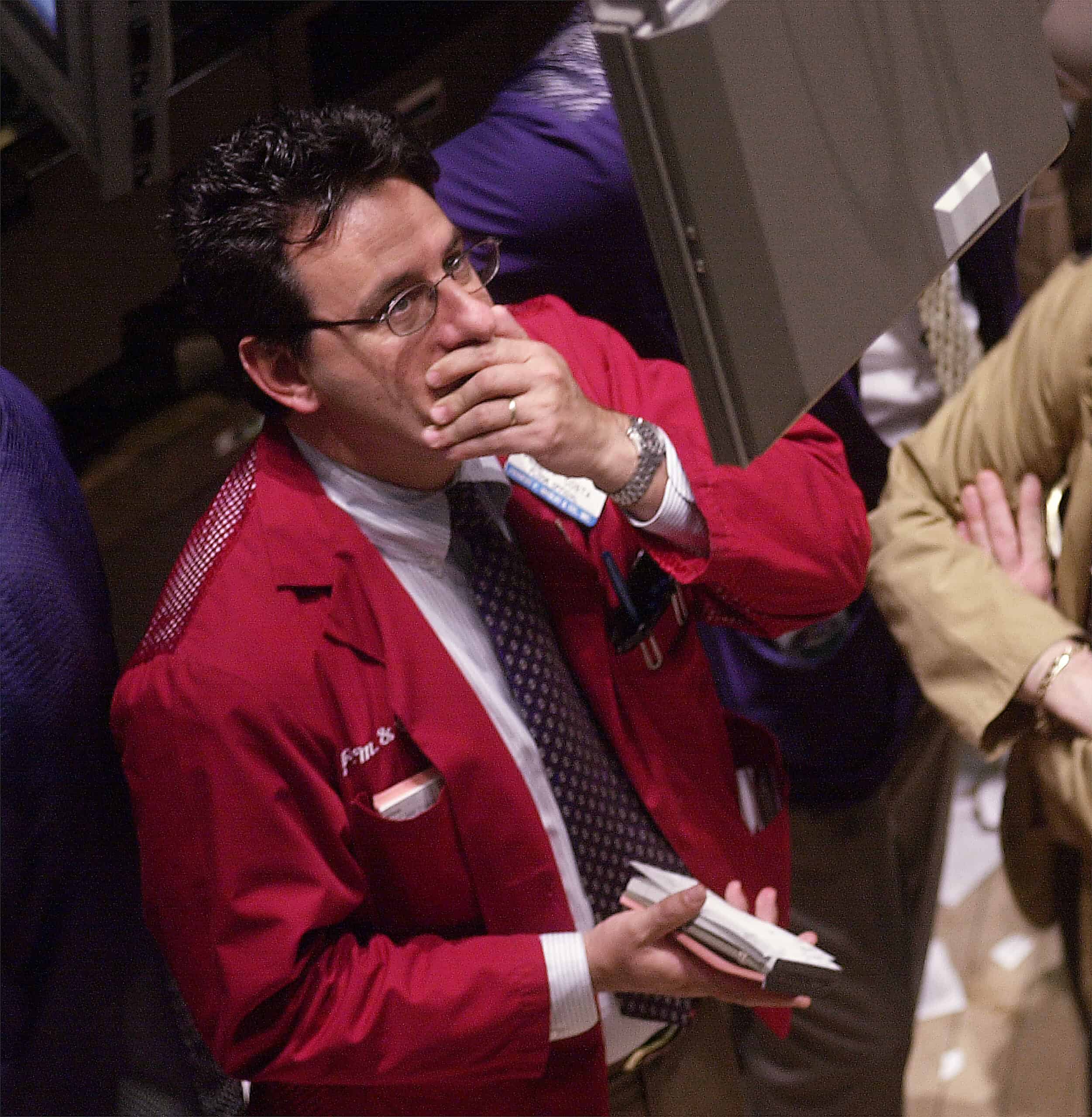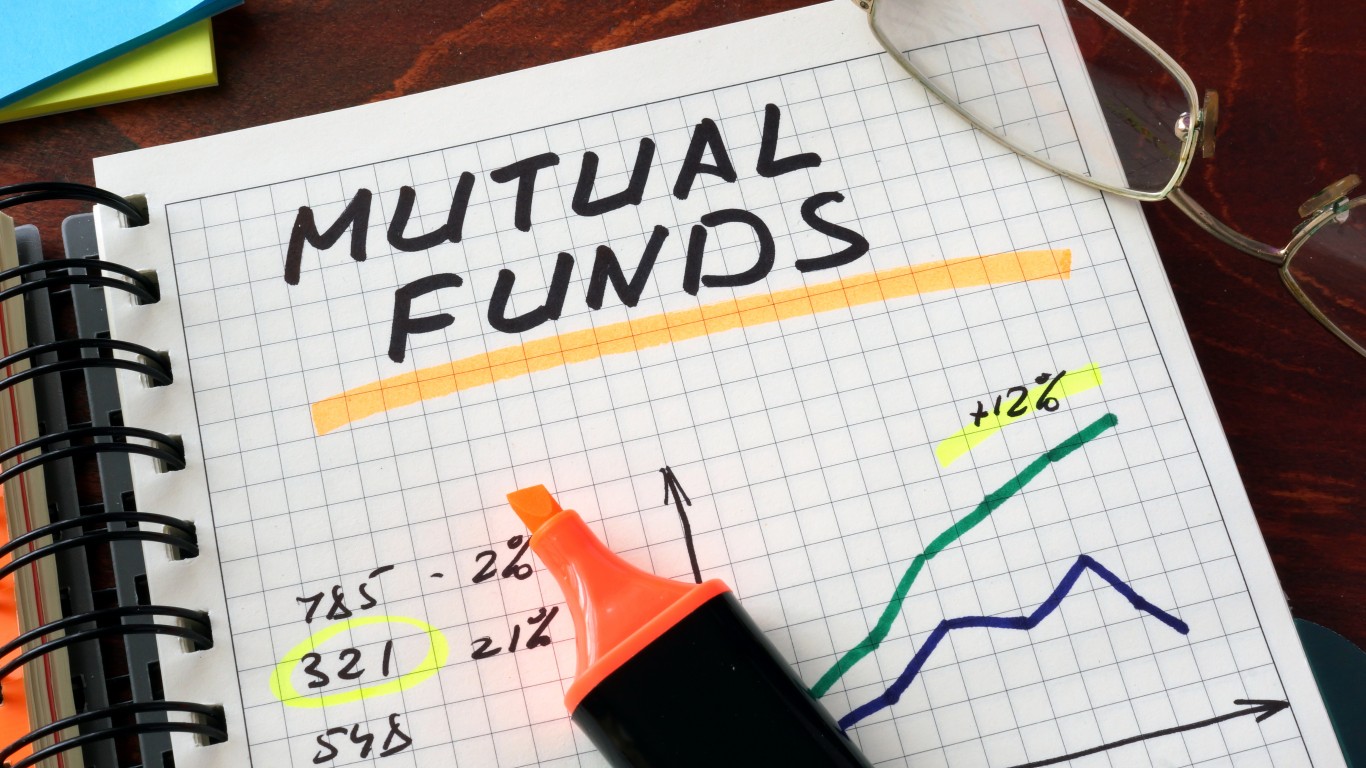Investing
Will the Stock Market Crash This Summer? - 7 Smart Moves Investors Should Do Immediately

Published:

The “buy the dip” financial news teleprompter readers and the 30-year-old portfolio managers who have never seen a market crash or interest rates this high are still pounding the table that stocks are going to the moon. Market veterans and “Hey Boomer” professionals have seen this show before. In 1987, the Dow Jones industrial average plunged a stunning 22% in one day. Today, an equivalent drop in the venerable index would be almost 8560 points.
From 1929 to 1932, the stock market plummeted a stunning 83%, and many lost everything. That debacle caused the Great Depression, which ended only when we entered World War II in 1941.
From 2007 to 2009, during the height of the mortgage and real estate collapse, which brought us dangerously close to another depression, the market dropped a massive 57%. When stocks finally bottomed at an ominous intraday low of 666 on the S&P 500 on March 9th, 2009, we placed the floor for the longest bull market in history, which ended in January 2022.
So, where do we stand now? We are on the precipice of a much more significant decline than we have seen in years, with every major index trading at or near all-time highs. With the potential for at least one more rate hike unlikely unless inflation heats up, the “higher for longer” mantra is a likely scenario for investors. If we see an interest rate cut this year, it may not come until after the November elections, if at all.
One positive is that consumers and businesses are generally in reasonably good financial shape. Stock portfolios and home prices have increased dramatically over the last few years, and the financial system isn’t teetering on the abyss as it was globally in 2008 when Bear Stearns and Lehman Brothers collapsed. To avoid a similar fate, Merrill Lynch had to be bought by Bank of America.
One thing is for sure: If inflation moves higher, the wars in the Middle East and Ukraine expand, and our crushing national debt, approaching $35 trillion, continues to spiral out of control, the path of least resistance will be down. BTIG noted recently that the cumulative number of technical warnings on the Nasdaq is stacking up. It has now reached a level exceeded only three other times since 1986:
All were followed by significant market meltdowns.
Investors should consider some crucial items now, as they may have to prepare for the worst.

Matching current losses against gains, even short-term ones, makes sense to help build up a cash supply. The proverbial dry powder may come in handy down the road.

When times are good, using margin loans to buy more stock is a bad plan for individual investors, especially when those margin positions are high-volatility momentum stocks. If the market collapses, a highly leveraged investment account could be destroyed.

As we have recommended for years at 24/7 Wall St., a gold position helps mitigate the downside. While many of the precious metals have printed all-time highs, they all could explode higher in a market crash.

Ensure that all the dividend-paying stock and mutual funds in personal and retirement accounts are coded to reinvest all capital gains and dividends if possible. This allows you to buy more shares when prices are hit hard. The second quarter is almost two-thirds over, and many stocks and funds pay dividends on a calendar quarterly basis.

Consider real estate if you have the good fortune to come into a windfall, like an inheritance or something similar. While mortgage rates have increased over the last two years, the 30-year fixed rate has risen as high as 7.25%. However, it has fallen back to 6.54% for a 30-year conventional mortgage, and while still reasonable on a historical basis, it’s the highest since 2008. Owning cash-generating passive income rental property makes sense now.

If you need stock ideas, look at highly conservative ideas, which are not affected as badly by even the worst-case scenarios. In other words, look at companies that provide goods and services that are needed all the time, such as utilities, telecommunications companies, consumer staples, and real estate investment trusts.

Sell high-volatility stocks and look at the short end of the Treasury market. The two-year note, like all Treasury debt, is guaranteed by the full faith and credit of the United States and yields a stunning 4.99%. One-year certificates of deposit yield as high as 5.25%, and money market savings accounts, FDIC insured up to $250,000, yield anywhere from 4% to 5% with daily liquidity.

The recent massive bull market run has been a blessing and now may become a curse. Numerous drops and corrections have occurred over the years; the fourth quarter of 2018 was a good example when the S&P 500 declined 18% on an intraday trading basis over three months.
Top Wall Street Strategist Sees 500 Point S&P 500 Drop: Buy 6 Passive Income Dividend Stocks Now

2022 was the worst year for the stock market since 2008, and while 2023 was gigantic, led by the Magnificent 7, and stocks are up smartly this year, with the Nasdaq already up 15% and the S&P 500 up almost 12%, trouble is likely brewing, especially in the tech-heavy Nasdaq. While not a subject investors like to consider, a steep drop is becoming increasingly possible.
Remember that even the most challenging human history and investing events have eventually been overcome. Whether healthcare-related, war-related, foreign geopolitical or domestic troubles, or other issues that have combined to cause market sell-offs, they eventually end. It makes sense to take advantage of the recent massive increases in stock prices and shift to higher and safer ground.
∴
Start by taking a quick retirement quiz from SmartAsset that will match you with up to 3 financial advisors that serve your area and beyond in 5 minutes, or less.
Each advisor has been vetted by SmartAsset and is held to a fiduciary standard to act in your best interests.
Here’s how it works:
1. Answer SmartAsset advisor match quiz
2. Review your pre-screened matches at your leisure. Check out the advisors’ profiles.
3. Speak with advisors at no cost to you. Have an introductory call on the phone or introduction in person and choose whom to work with in the future
Thank you for reading! Have some feedback for us?
Contact the 24/7 Wall St. editorial team.